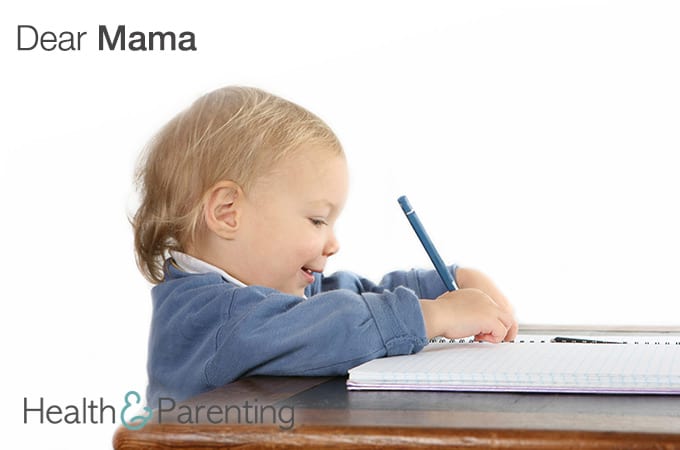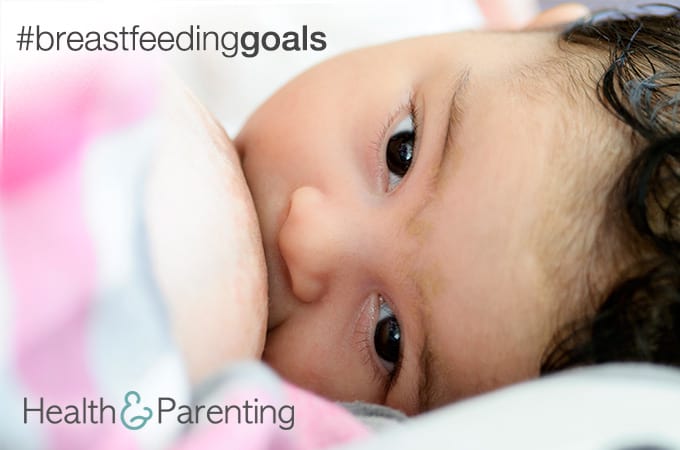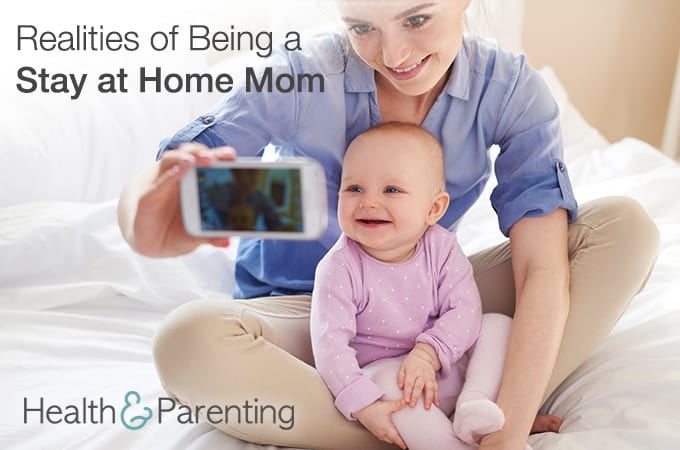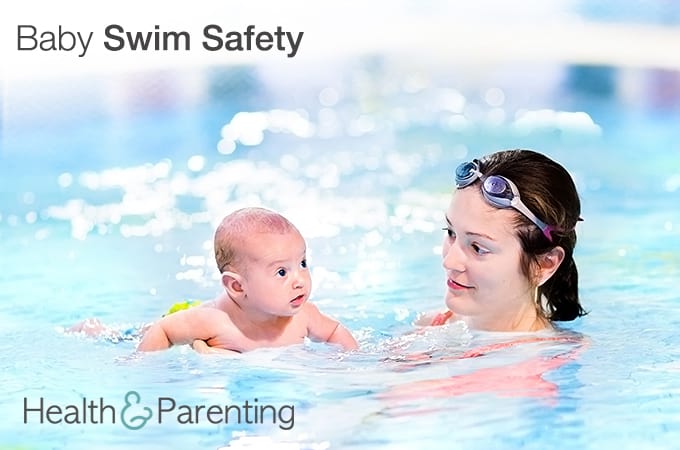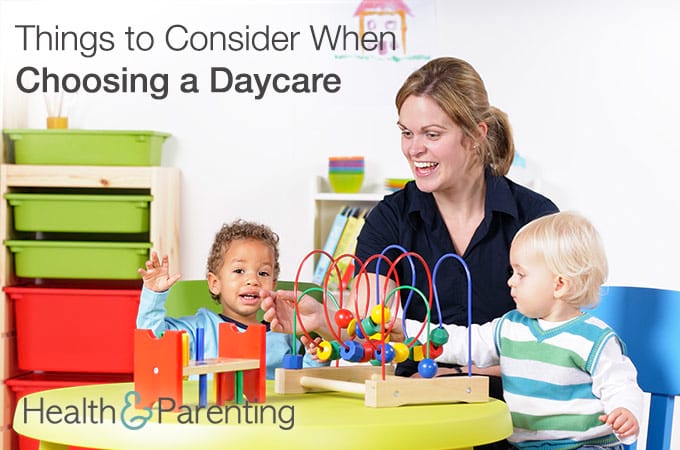Dear Mama,
I just wanted to say thank you. I know the past year hasn’t been easy for you, but I just wanted to say, I think you’re doing an amazing job of being my mama. You have made me feel loved, safe and cared ever since I was first thrust into your arms and, for that, I will be forever grateful.
Thank you for all the sleepless nights and for holding me when my teeth hurt. I know you’re tired and would much rather be asleep in bed, but I feel so much safer and happier when I’m in your arms. There is truly no place I’d rather be than snuggled up on your chest, listening to the steady beat of your heart.
Thank you for loving me unconditionally. No matter how many poop explosions I’ve thrown your way, no matter how many times I’ve woken in the night and no matter how many nights out you’ve missed, you haven’t let me feel unloved for a second. You have spent the last year of your life putting my feelings first and I couldn’t be more grateful for that.
Thank you for singing me nursery rhymes when I can’t sleep, nothing soothes me quite like the sound of your voice. Thank you for all the games of peekaboo, I love that game so much. And for all of the adventures we’ve been on. The walks in the country, the trips to the beach and the visits to museums, all of these things were especially exciting because I got to do them all with you.
My birthday should be as much a celebration of you as it is me. You did it! One whole year of parenting. And not only did you do it, you excelled at it. You are a better mama that I could ever have dreamed of. I feel so lucky to have you as my mama, I know you are the best mama a baby could ever dream of. And I can’t wait for another year of love, cuddles and adventure with you.
Thank you for everything,
Baby
Written by Fiona (@Fiona_Peacock), mother, writer and lover of all things baby related.
This information is not intended to replace the advice of a trained medical doctor. Health & Parenting Ltd disclaims any liability for the decisions you make based on this information, which is provided to you on a general information basis only and not as a substitute for personalized medical advice. All contents copyright © Health & Parenting Ltd 2016. All rights reserved.

